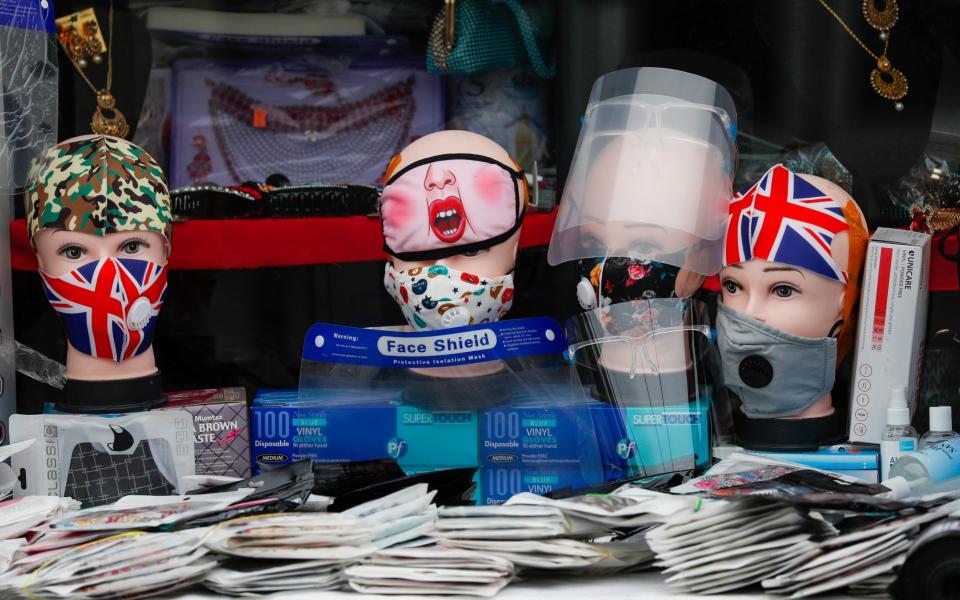Economic bounce back falters ahead of new restrictions

The UK’s post-lockdown bounce is already succumbing to a second wave as experts warn the economy could “easily” slide back into reverse this autumn.
The Chartered Institute for Procurement and Supply’s worrying snapshot of private sector activity showed the weakest growth in three months during September, just a day after Prime Minister Boris Johnson tightened restrictions to curb soaring cases for up to six months.
Its activity index - where a score over 50 signals growth - slipped from 59.1 to 55.7 thanks to a hangover from the end of the Eat Out To Help Out discount dining scheme and “persistent disruption” across businesses due to the pandemic.
Manufacturers showed more resilience than services firms but still saw a slowing pace of activity, the survey showed. While the index signals growth for now, business confidence is at its lowest ebb since May.
Although a firm bounce-back from the record 20.4pc slump seen in the lockdown is still expected between July and September, Chris Williamson, chief business economist at survey compiler IHS Markit, said the economy could “easily” shrink again as consumer spending slides.
He said: “There are going to be many companies who are going to see the writing on the wall now, particularly the consumer-facing businesses. The risk of renewed contraction is very real.”
But Mr Williamson said the UK economy was likely to follow the course of the eurozone, where private sector growth is stagnating following an earlier surge in cases. “The economic data follows the Covid numbers,” he said.
Signs of the jobs pain lying in wait for the economy were also seen after another “sharp” fall in employment. Some 3m workers are still in the Government’s furlough scheme, which expires at the end of next month.

The heightened speculation over a no-deal transition with the European Union has also hit the pound and pushed up firms’ costs.
Rhys Herbert, senior economist at Lloyds Bank, said: “Even if tighter restrictions don’t have as big an impact on the economy as we saw in the spring, they may still have a negative effect on demand dynamics.
“The end of the furlough scheme is another big, imminent hurdle for the UK. A rise in unemployment could be a drag on economic growth. Add the effect of Brexit uncertainty into the mix, and the next few months may be very challenging.”

